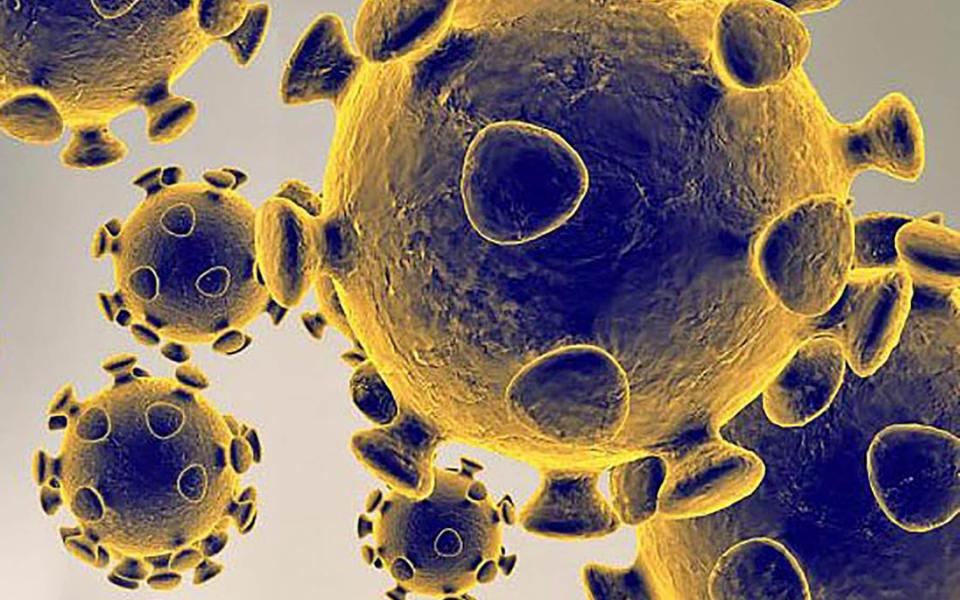China says investigations into origins of Covid-19 should look beyond its borders


Chinese officials and experts have insisted that any investigation into the origins of the coronavirus pandemic should not be confined to China, pointing to Spain as an alternative source.
The statements appear to be an attempt to dampen expectations ahead of a World Health Organization “scoping mission” to the country next week, which aims to establish a platform to trace the emergence of Sars-Cov-2.
"Knowing the source of the virus is very, very important," Dr Tedros Adhanom Ghebreyesus, director general of the WHO, said as he announced the trip on Monday. “We can fight the virus better when we know everything about the virus, including how it started.”
China has taken a defensive stance in response.
“It does not matter which country the scientific identification work starts with, as long as it involves all related countries and is fairly conducted,” Zeng Guang, the chief epidemiologist for the Chinese Center for Disease Control and Prevention, told the state-run Global Times.
Wang Guangfa, one of the government’s top health advisers, also told the newspaper that the WHO should go to Spain. He referenced researchers in Barcelona who said they detected the presence of Covid-19 in a wastewater sample in the country in March last year, nine months before the outbreak was first reported in Wuhan, central China.

Independent experts have been sceptical of thisresearch, suggesting it was flawed and contradicts strong evidence that the virus first emerged in China in late 2019. “The most plausible explanation is sample mix-up/contamination,” said Professor Francois Balloux, director of the UCL Genetics Institute in London.
But there is a consensus among experts that a clearer understanding where the virus came from is vital to avert future outbreaks. The WHO team will see an animal health expert and an epidemiologist travel to China to “set up an international mission” to explore Sars-Cov-2’s origins.
“Doing the science of this is hard, it's expensive, it takes a long time,” Dr Peter Daszak, president of EcoHealth Alliance, told The Telegraph. “But it's worth doing because then you can actually make intelligent decisions that will save lives in the future... and prevent another pandemic.”
But he added that there are some concerns that tracing the virus will become more difficult as the issue is politicised. China is increasingly hostile amid growing criticism from other countries, including the US and Australia while conspiracy theories abound.
The Trump administration has cut funding to the EcoHealth Alliance, one of the few international groups working with Chinese researchers to better understand coronaviruses.
So far the hunt for information about the origins of Sars-Cov-2 has centered around the Huanan Seafood Wholesale Market in Wuhan, which had links to many of the first reported cases.
But Dr Daszak said he suspected the virus, which most likely originated in bats, was spreading for some time before reaching Wuhan through an extensive wildlife trade that connects rural areas with bat caves to large cities.
Protect yourself and your family by learning more about Global Health Security

